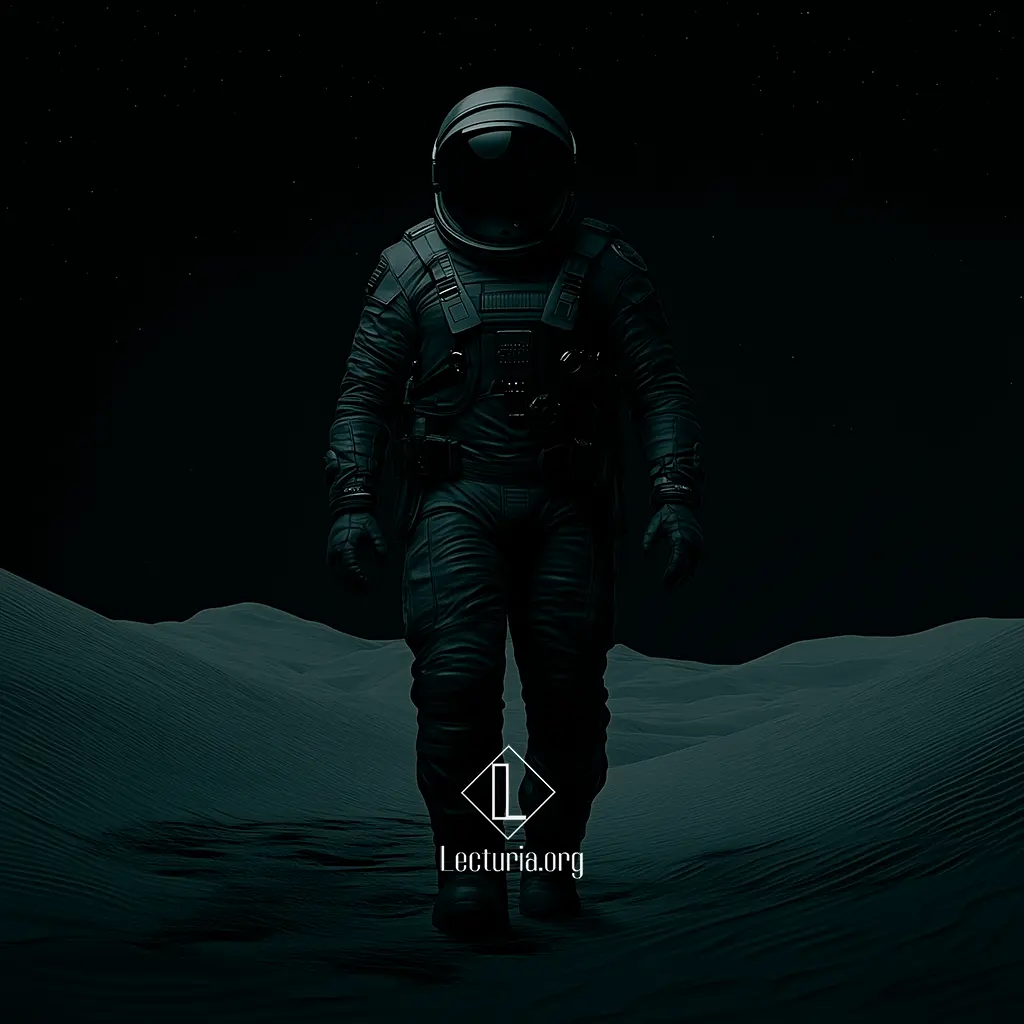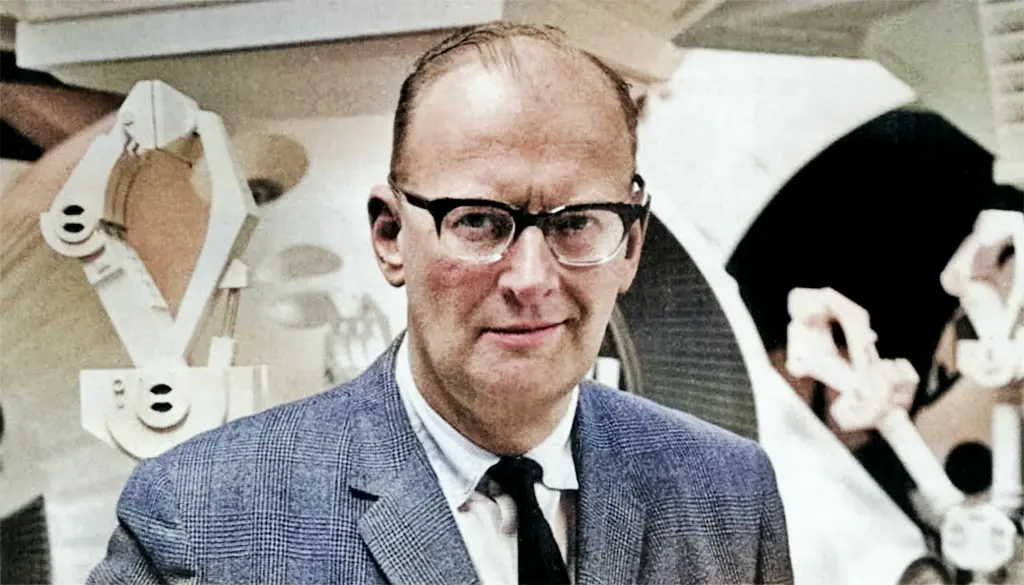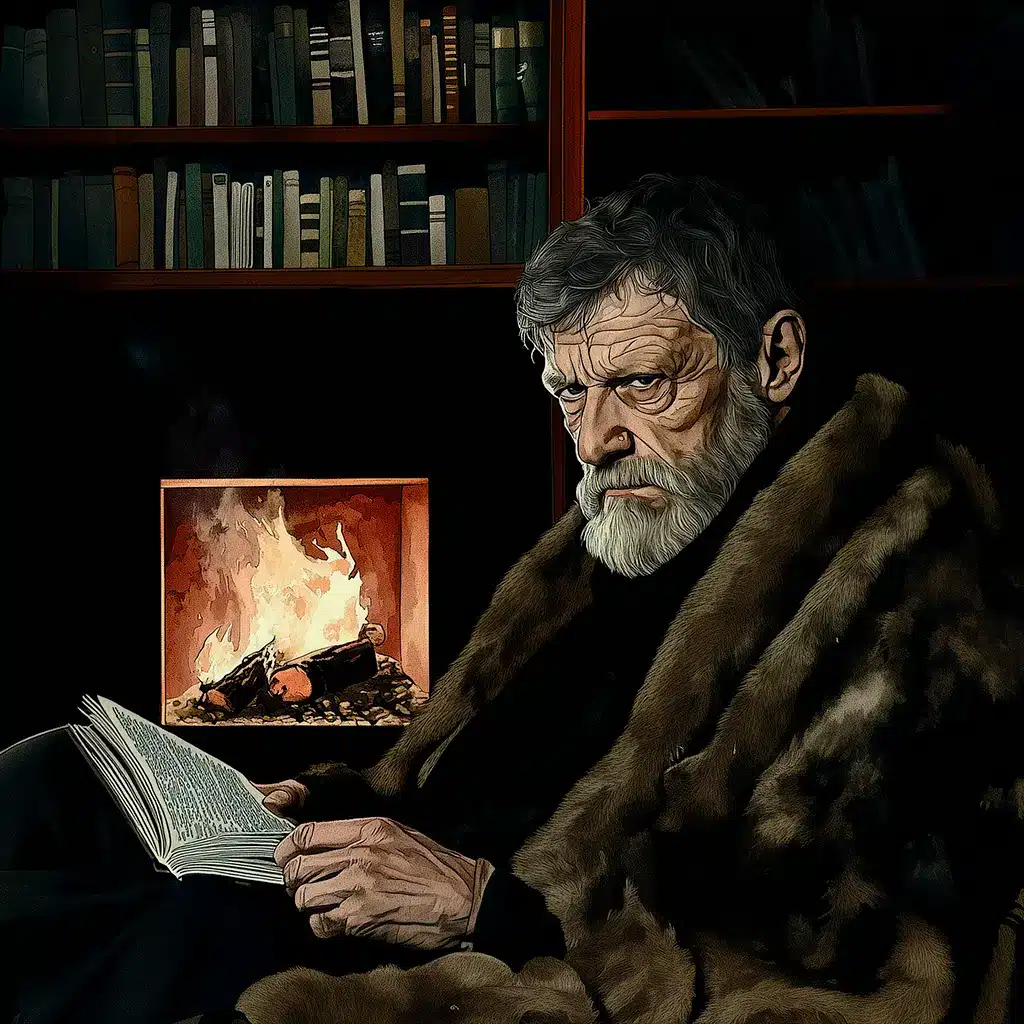Arthur C. Clarke: The Sentinel
“The Sentinel” is a science fiction short story by Arthur C. Clarke published in 1951 in the magazine Ten Story Fantasy, which served as inspiration for the film 2001: A Space Odyssey. It tells the story of a group of lunar explorers led by a geologist who discover a mysterious pyramid-shaped structure on a mountain plateau in Mare Crisium. The expedition, initially focused on collecting minerals and studying the terrain, is interrupted by this unexpected find. The pyramid, which reflects sunlight with a metallic sheen, suggests that it is not a natural formation, arousing the team’s curiosity and sense of adventure.





